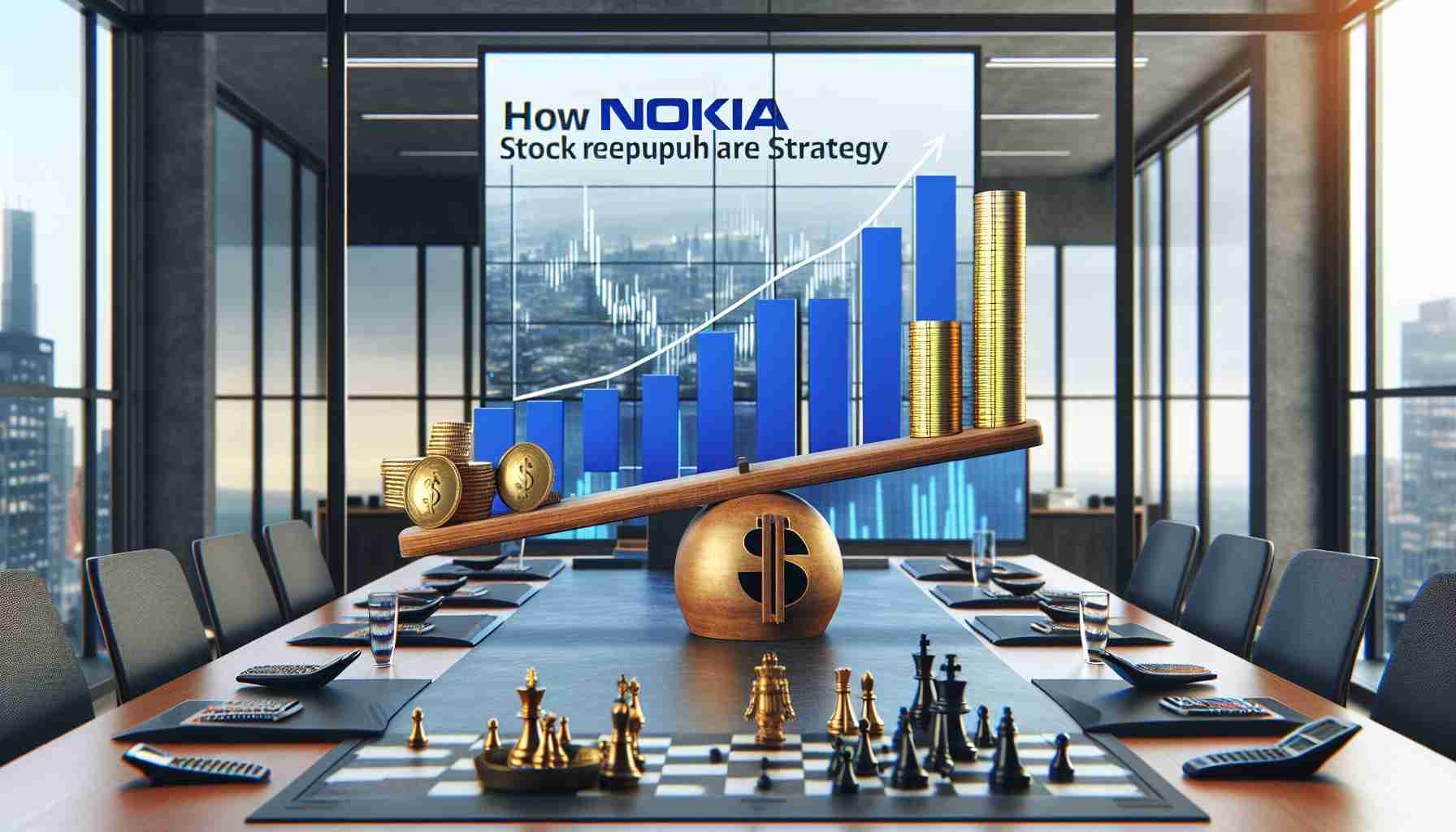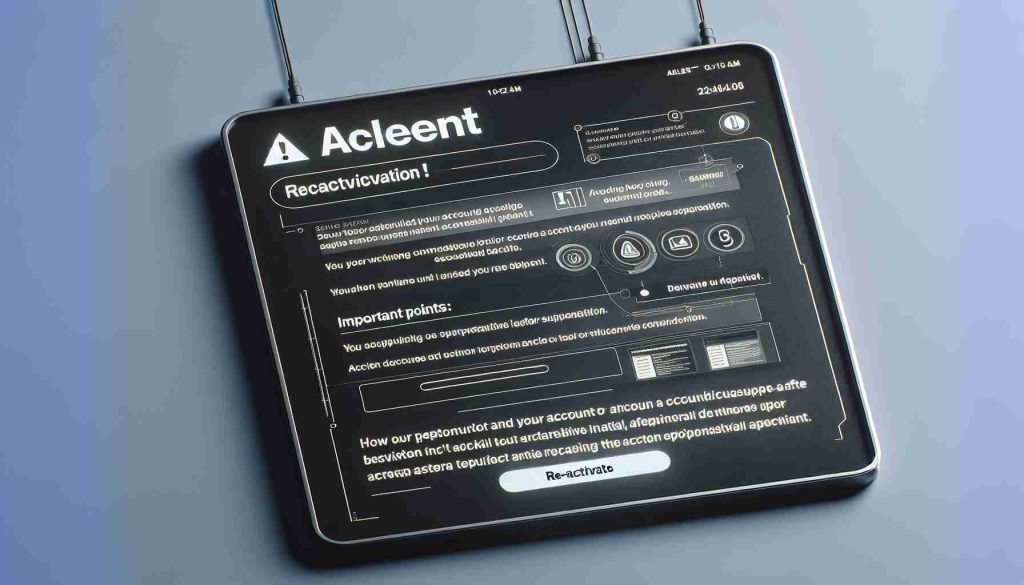Helsinki, Finland – Nokia has successfully wrapped up its ambitious share repurchase program, first declared in March 2024 and later enhanced in July. This strategic maneuver saw the company acquire 157,646,220 shares, priced at an average of €3.81 each, between March and November. The tech giant plans to cancel these shares in December 2024, trimming its free equity by a hefty €600 million. As a result, Nokia now holds a cumulative total of 209,702,510 of its own shares.
The share buyback was executed through directed repurchasing, a sophisticated method of acquiring stocks, tailored for public trading on Nasdaq Helsinki and various trading facilities. Nokia remains a strong force in the domain of B2B technology, with pioneering work in network innovation. It leads the transformation of networks to be more sensory, cognitive, and intelligent.
Nokia’s edge is fortified by its prowess in fixed, mobile, and cloud network solutions. The company leverages intellectual property rights and emphasizes long-term R&D, spearheaded by its acclaimed Nokia Bell Labs. Its network solutions, characterized by open architecture, seamlessly integrate into diverse ecosystems, fuelling opportunities for broad-scale commercialization.
Service providers and enterprises globally trust Nokia’s commitment to performance, security, and ethics. With its strategic collaborations, Nokia is at the forefront of developing innovative digital services and applications.
For further details, reach out to Nokia Communications at +358 10 448 4900 or email [email protected]. Investor inquiries can be made at +358 40 803 4080 or [email protected].
Inside Nokia’s Bold Move: How Share Buybacks Impact You
In a significant financial maneuver, Nokia has recently concluded a robust share repurchase program, a move that has left investors and analysts abuzz. While share buybacks are not uncommon in the corporate world, the ripple effects on various facets of society provide interesting insights into such strategies’ broader implications.
Impact on Investors and the Market
The primary motive behind share buybacks like Nokia’s is to boost share value by reducing the number of shares outstanding. By cancelling 157,646,220 shares, Nokia effectively increases the value of remaining shares, potentially benefitting shareholders through higher per-share earnings. However, with share prices previously hovering at an average of €3.81, investors might question whether this buyback will indeed maximize their returns in the long run.
Critically speaking, share buybacks could also lead to short-termism, where companies prioritize immediate stock price boosts over long-term investments and sustainable growth. This raises the question: Is Nokia’s buyback strategy aligning with its future vision, or does it signal competing interests between shareholders and management?
Community and Economic Implications
Nokia’s strategic repurchasing also reflects the company’s health and confidence in its current market position. Companies engaging in share buybacks can be seen as possessing enough cash reserves, presenting an image of financial solidity to communities and markets. Yet, this raises another debate — should companies allocate resources to buybacks instead of reinvesting in operations, employees, or community initiatives?
From a macroeconomic viewpoint, large-scale share buybacks by influential corporations like Nokia may have nuanced implications. They can bolster equity markets and, by extension, the local economy, potentially translating into increased consumer and investor confidence — but only if perceived sustainably and strategically.
Technological Advancements and Strategic Innovation
Nokia’s dedication to advanced R&D through its Nokia Bell Labs is integral to maintaining its standing in the tech arena. The firm’s investments in network innovations that are cognitive and intelligent reshape how data and connectivity influence everyday life and industry standards. However, could channeling more funds towards R&D than buybacks amplify these technological strides, offering greater long-term benefits?
The simultaneous engagement in share buybacks and cutting-edge technology development brings to light a compelling dual strategy. While supporting shareholders through buybacks, Nokia ensures robust technological progress, compelling stakeholders to ponder — does one undermine the other, or could they symbiotically enhance Nokia’s (and consequently Finland’s) market leadership?
Weighing the Pros and Cons
Advantages:
– Potential increase in share value and investor confidence
– Signals financial health and stability to the market
– Simplifies capital structure by reducing share count
Disadvantages:
– May lead to short-term focus, neglecting long-term investment
– Allocates funds that could enhance workforce or community development
– Could raise questions about the company’s growth strategies
Related Questions
Q: Are share buybacks universally beneficial for companies?
A: While they can increase stock value and signal financial health, the benefits heavily depend on individual company contexts and shareholder interests.
Q: How should a company balance buybacks with reinvestment?
A: A balanced approach requires aligning buybacks with strategic goals and ensuring sufficient resource allocation to crucial areas like R&D and employee development.
For further insights into Nokia’s strategies and innovations, visit the official Nokia website.
This financial and strategic exploration of Nokia’s recent actions provides a broader perspective on the impact of share buybacks. It not only moves markets but also reverberates through communities and the technological landscape in profound ways.



























